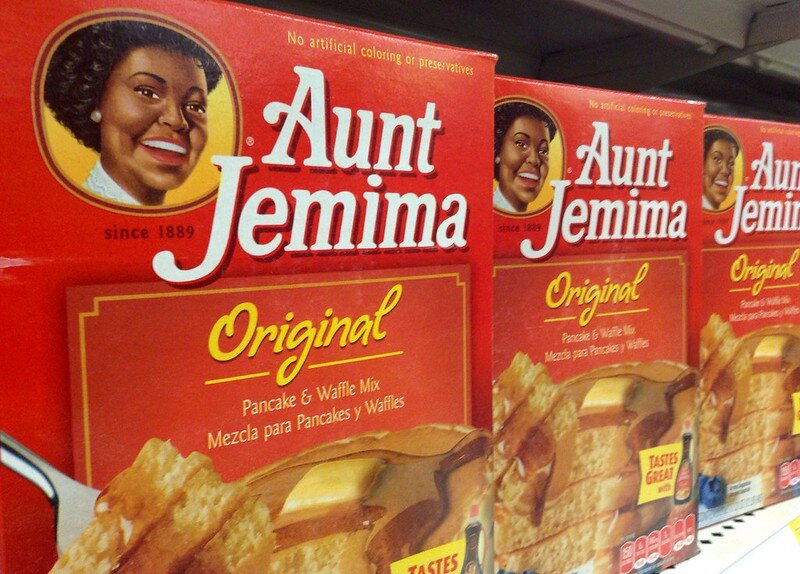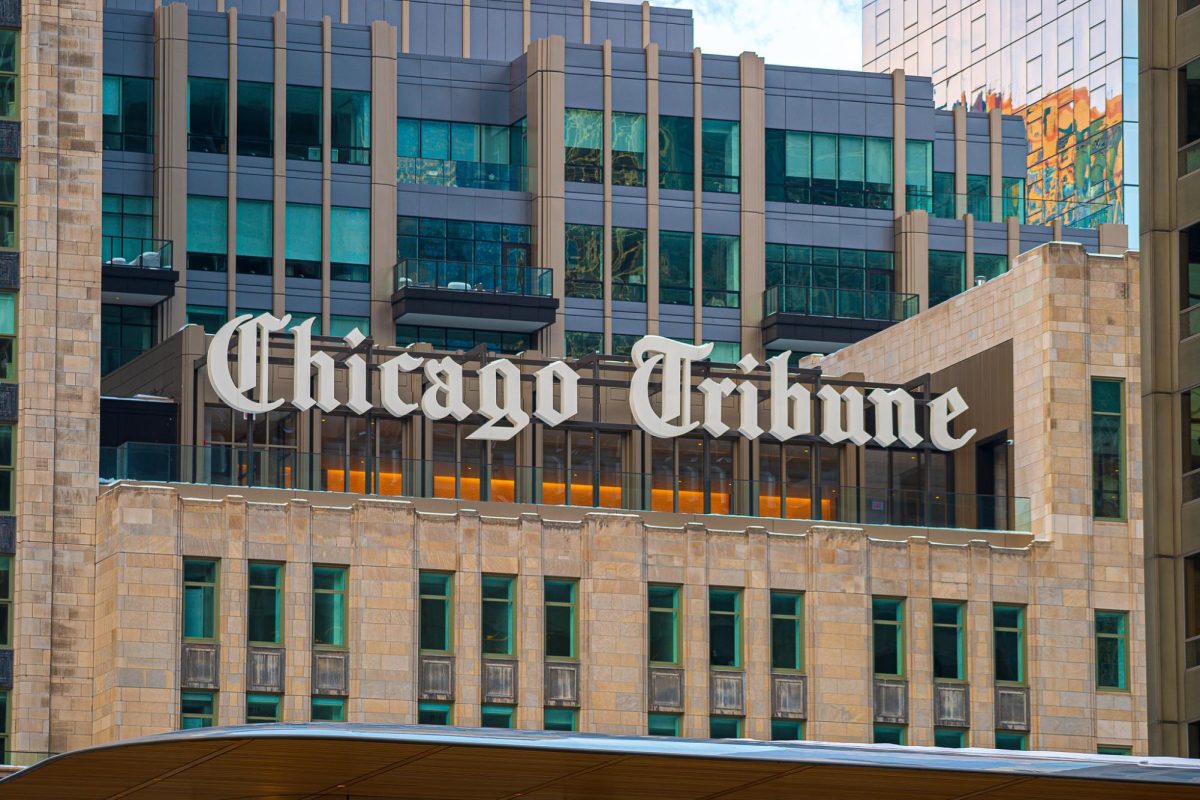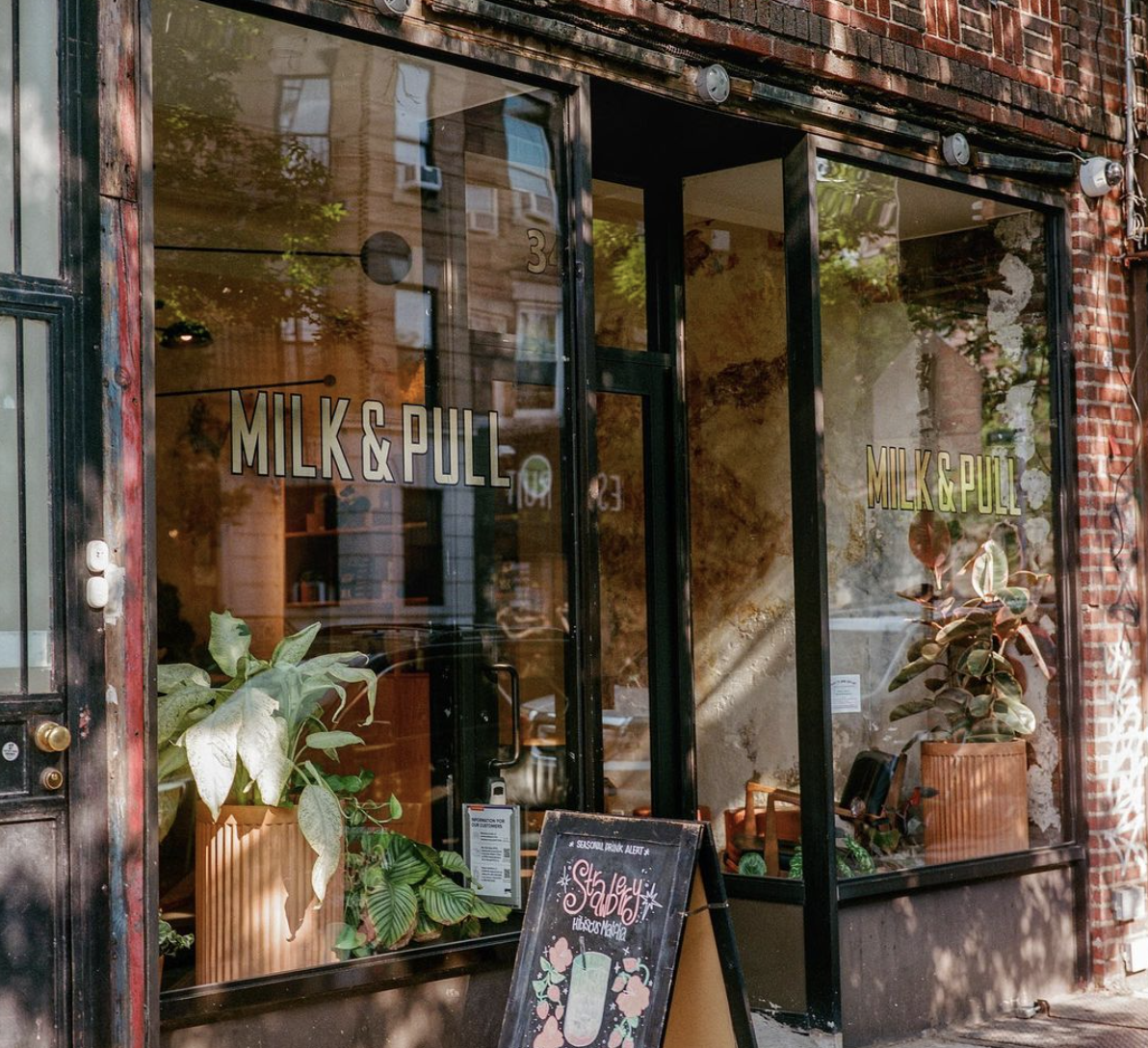PepsiCo Inc. rebranded Aunt Jemima, a breakfast food brand most known for its pancake mixes and syrups, to Pearl Milling Company, ridding the brand of a name and logo that had carried a Black racial stereotype for years.
Pearl Milling Company, then called Aunt Jemima, was founded in 1888 by Chris Rutt in St. Joseph, Missouri. The company created the first ready-mix pancake mix.
In a press release, PepsiCo said that its signature red and yellow-colored packaging will remain on their products and that the new packaging and branding will be launched in June. Until then, the existing Aunt Jemima branding will be sold without the logo of the Black woman.
The Quaker Oats Company, which purchased Aunt Jemima in 1925, began to work on changing Aunt Jemima last summer. Although some have called for the rebranding prior to last summer, the decision for the company to officially rebrand was heavily influenced by the police brutality and racial inequality protests sparked by the murder of George Floyd in 2020.
“As we work to make progress toward racial equality through several initiatives, we also must take a hard look at our portfolio of brands and ensure they reflect our values and meet our consumers’ expectations,” Kristin Kroepfl, vice president and chief marketing officer of Quaker Foods North America, said in a press release.
Until then, Aunt Jemima had long been criticized because of its portrayal of Black people during slavery. Pearl Milling Company named the pancake mix after a song from 1875 called, “Old Aunt Jemima,” where performers on a show were in blackface, according to a CNN article. And, the original character of Aunt Jemima was portrayed by Nancy Green, a woman who’d been born into slavery. She was hired to portray “a Black woman as a Mammy archetype” to promote the pancake mix, the African American Registry said.
PepsiCo saw the recent rebranding as a step in the right direction. Even though Aunt Jemima was updated over the years with the intention to “remove racial stereotypes,” PepsiCo acknowledged that it wasn’t enough to convey the respect and dignity they have for Black people today, CNN reported.
In order to ensure the rebranding would show inclusivity, The Quaker Oats Company worked with “consumers, employees, external cultural and subject-matter experts, and diverse agency partners to gather broad perspectives,” PepsiCo said.
However, the change to Aunt Jemima has caused mixed reactions among consumers and critics.
Specifically, some feel that although rebranding is progress, it’s not enough progress.
One woman that was used as a model for Aunt Jemima was Lillian Richard. Her great niece Vera Richard Harris said she wanted to see the new packaging honor Richard’s contribution by having her name inscribed on it, TMZ said.
Similarly, Wanetta Cowan, the great-granddaughter of Anna Short Harrington, another model for Aunt Jemima, said that she also doesn’t want the names of Aunt Jemima models to be forgotten. In an Instagram post, Cowan wrote that she thinks that their descendants should be paid royalties.
“The racist left has once again “benefited” off the backs of AA’s for their “win” of wokeness. #auntjemima,” one Twitter user wrote.
“So #AuntJemima is renamed to #PearlMillingCompany … Is Racism Solved Yet?” another user said.
Others disagree with removing the image of the Black woman character. Longtime Trump advisor Bruce LeVell said, “Looks like the #cancelculture has removed the face of a beautiful black woman from the #AuntJemima brand.”
Aunt Jemima joined several other brands that have been pushed to rebrand products, including Uncle Ben’s, which is now Ben’s Original, Mrs. Butterworth and Cream of Wheat.
Beyond changing the brand imaging and logo, PepsiCo and Pearl Milling Company have pledged to invest in uplifting the Black community.
Pearl Milling Company will announce a plan to give $1 million to empower Black girls and women, while PepsiCo has a $400 million, five-year commitment towards advancing Black businesses and communities, NPR reported.
The Quaker Oats Company also pledged a $5 million commitment to support the Black community, PepsiCo said.
“We will continue the conversation by gathering diverse perspectives from both our organization and the Black community to further evolve the brand and make it one everyone can be proud to have in their pantry,” Kroepfl said.












